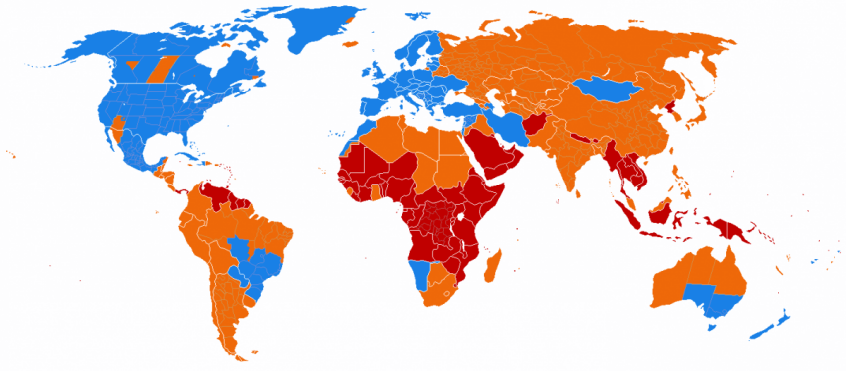
Daylight Saving Time (DSTs) is drawing to a close.
On Nov. 1, all clocks in most areas in the US should be adjusted one hour back at exactly 2 a.m. to mark the beginning of the fall season and the end of the DST.
This means that the Standard time will be observed, after the clocks were adjusted one hour in advance in March 8, just before spring began this year.
Based on the new rules about the time adjustments in the US, DST begins at 2 a.m. on the second Sunday of March and ends 2 a.m. on the first Sunday of November. This is in compliance with the Energy Policy Act of 2005, which requires a longer length of DST period to lessen the country's energy consumption. It means that the DST should be observed for a total of 238 days annually.
Daylight Saving Time in the US follows the rule "Spring forward, Fall back," where one hour of daylight from the morning to the evening will be added at the start of DST, while an hour of daylight from the evening to the morning will be adjusted at the end of the period. Most states follow this rule, while Arizona, Hawaii, the Virgin Islands, Midway Atoll, Wake Island, American Samoa and a small part of Alaska do not observe the DST time frame.
Meanwhile, the end of DST is earlier for other countries like Austria, Belgium, Croatia, Czech Republic, Denmark, Finland, France, Germany, Italy, Mexico, Spain, and the UK. These countries will end their DST period on Sunday, Oct. 25.
The Daylight Saving Time was first proposed by Benjamin Franklin to save fuel energy in 1784, and was revived by British builder William Willett in 1905. But it was the Germans who first implemented the DST, in April 1916 at the time of World War I. The US began to practice the concept of DST in 1918.
For 2016, the DST will take effect starting 2 a.m. on March 13 and ends on Nov. 6 at exactly 2 a.m.













